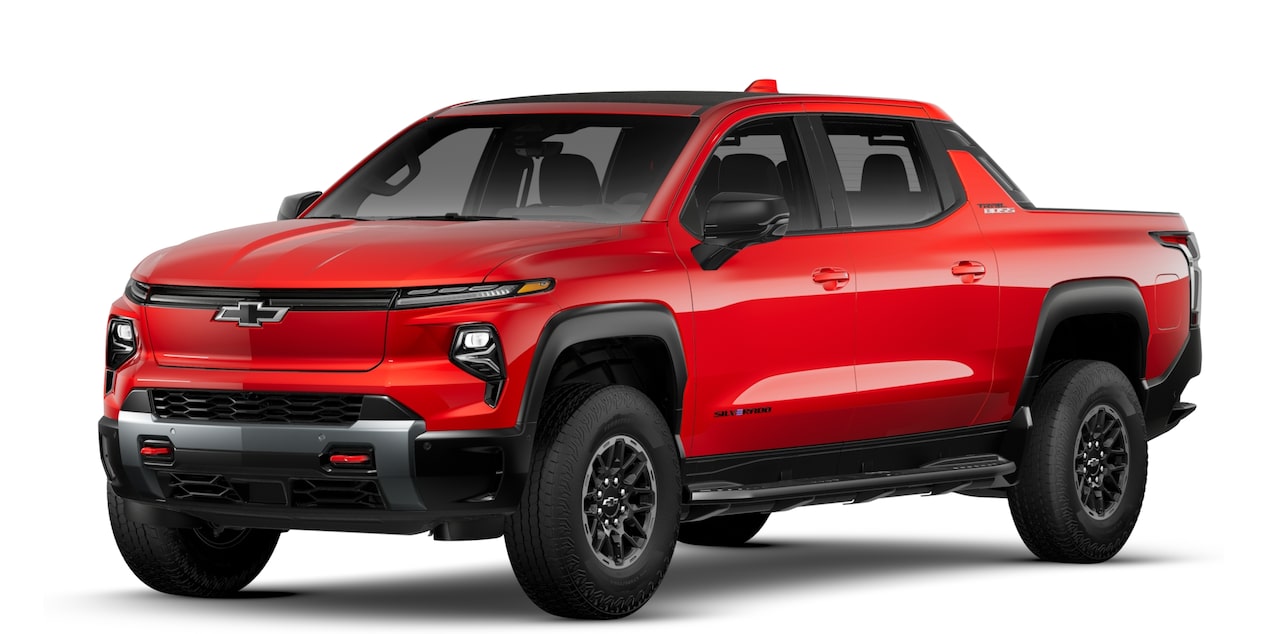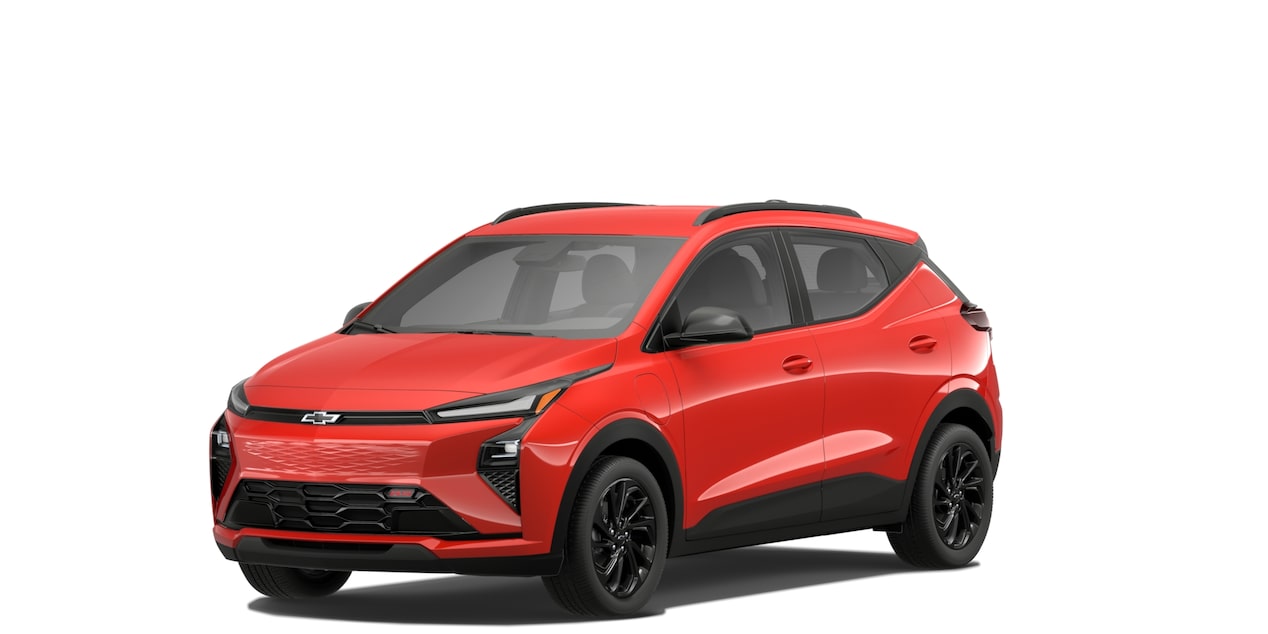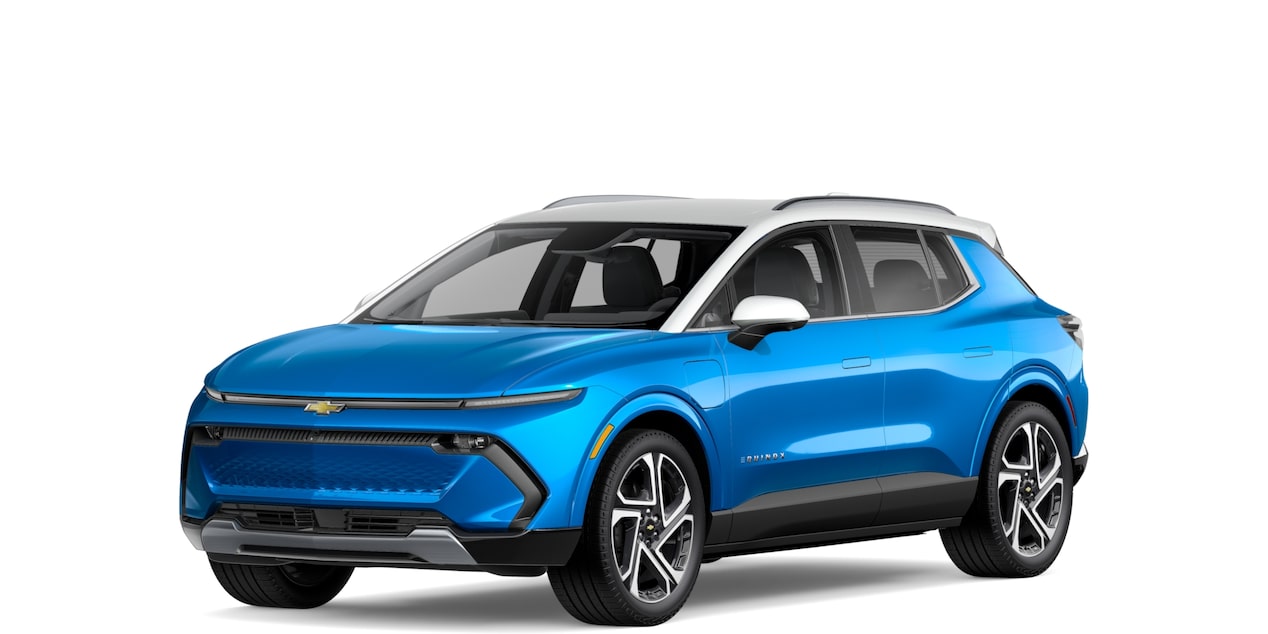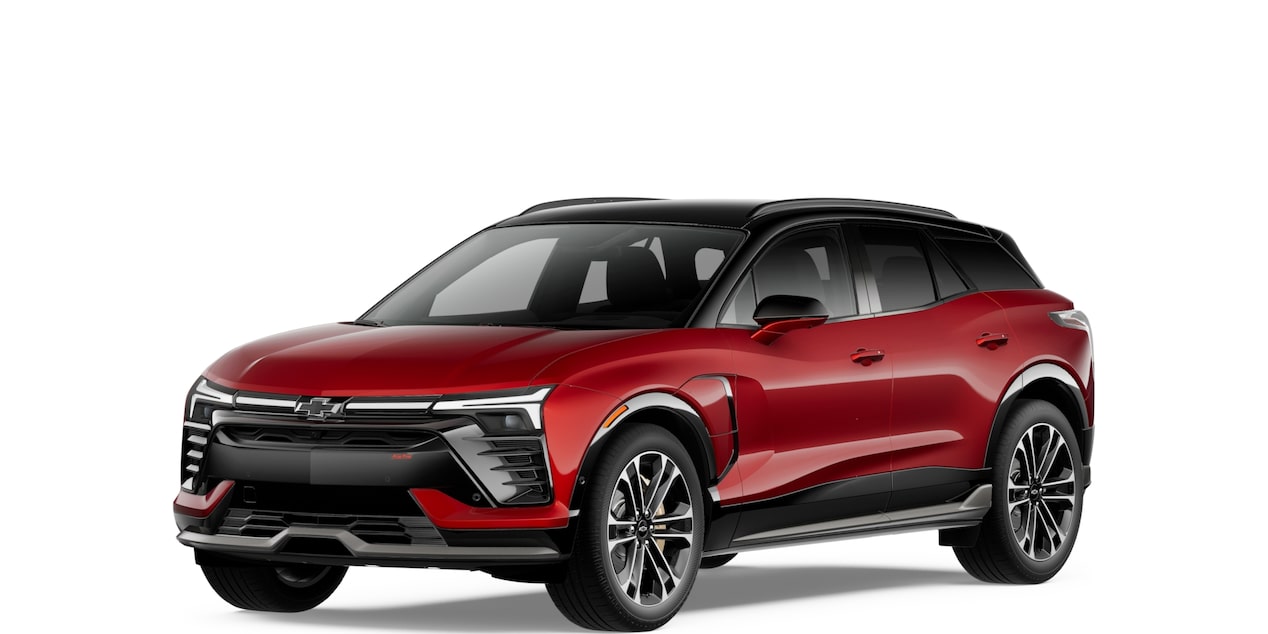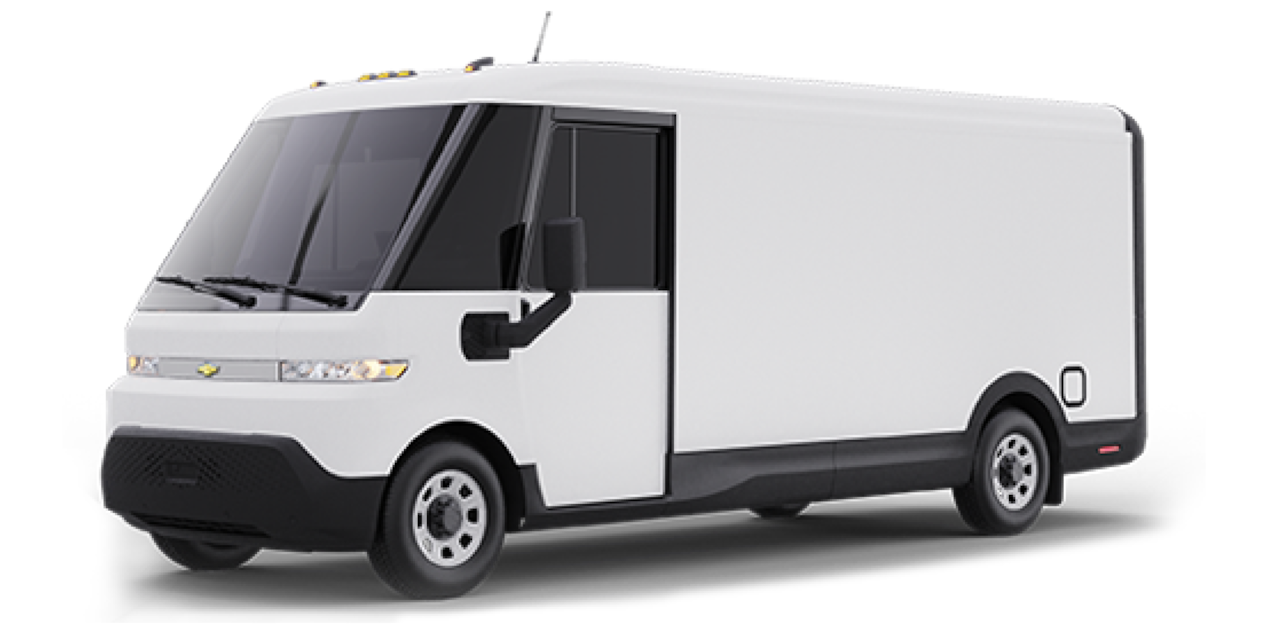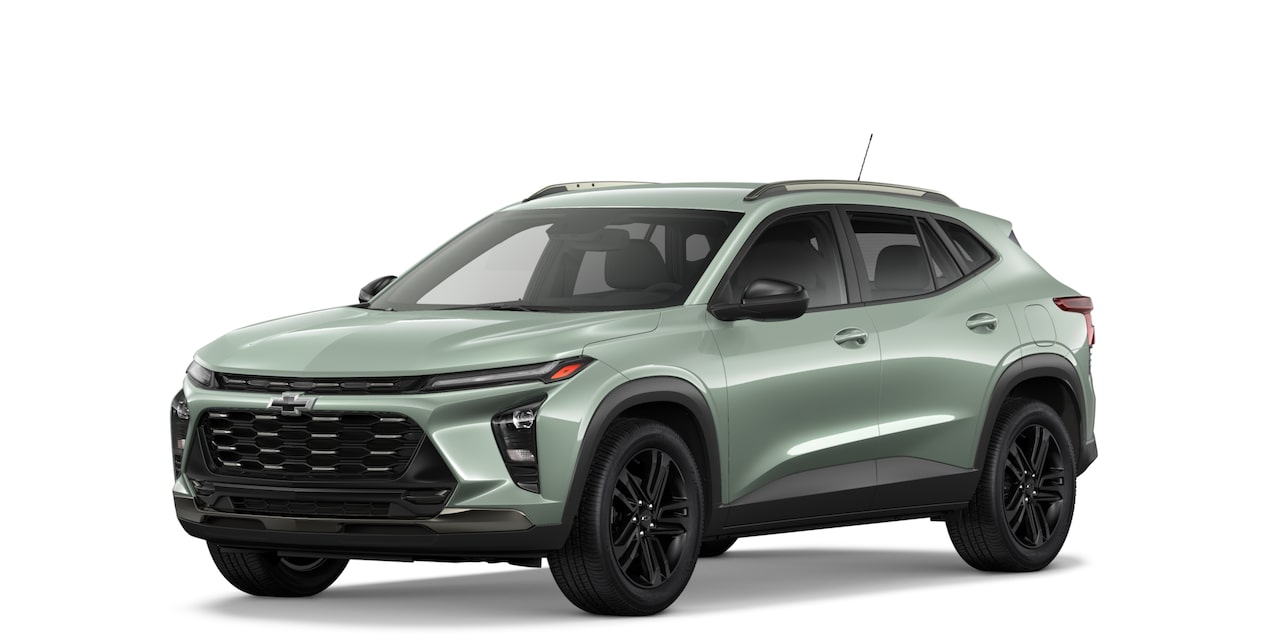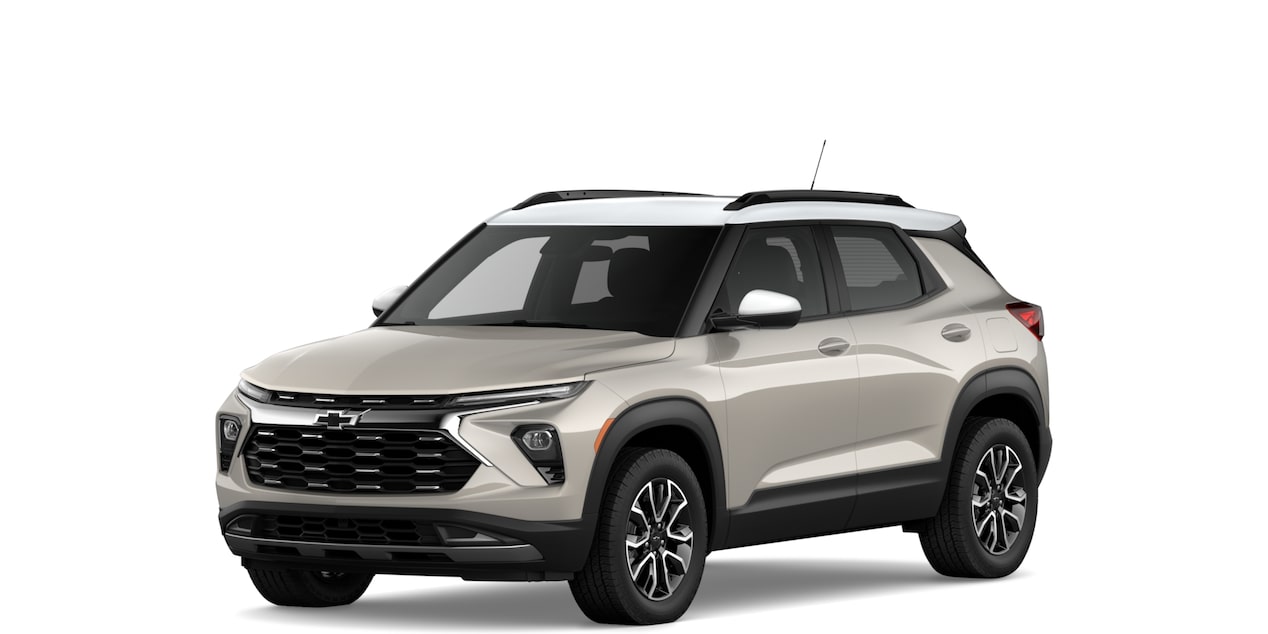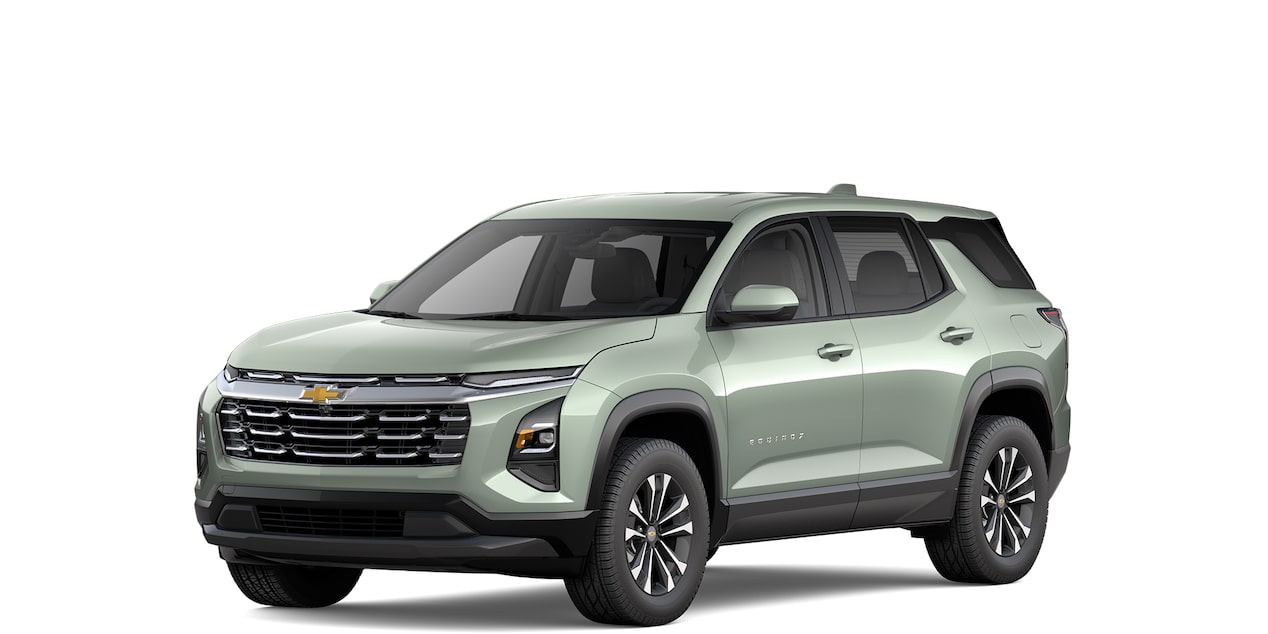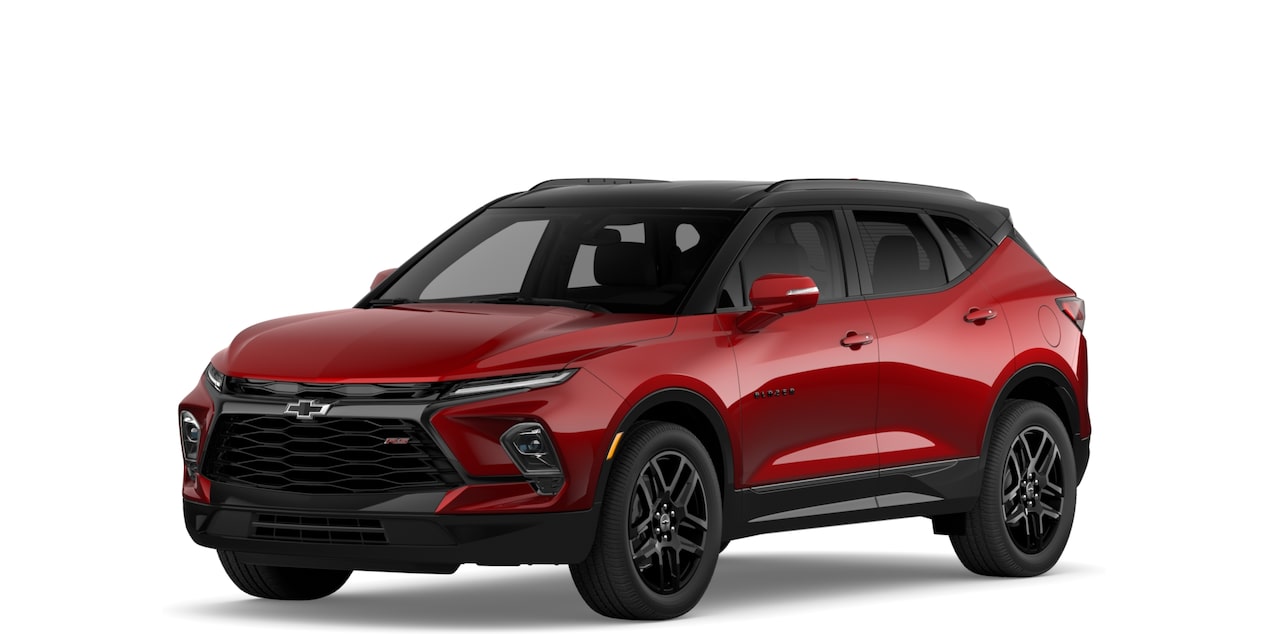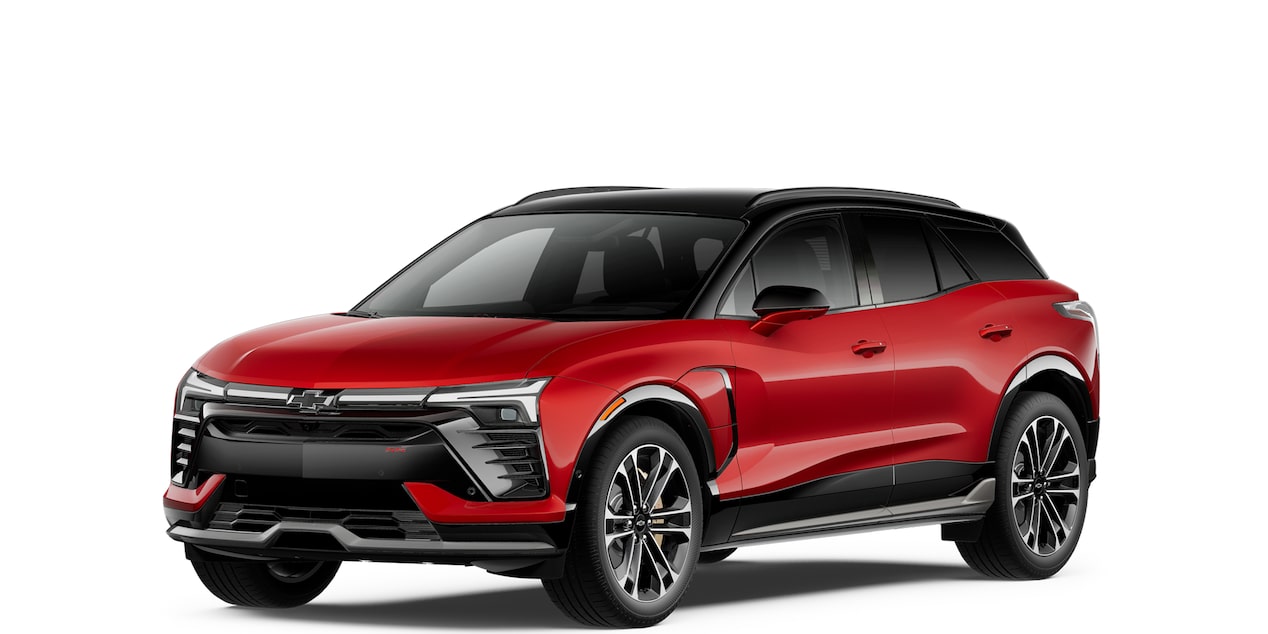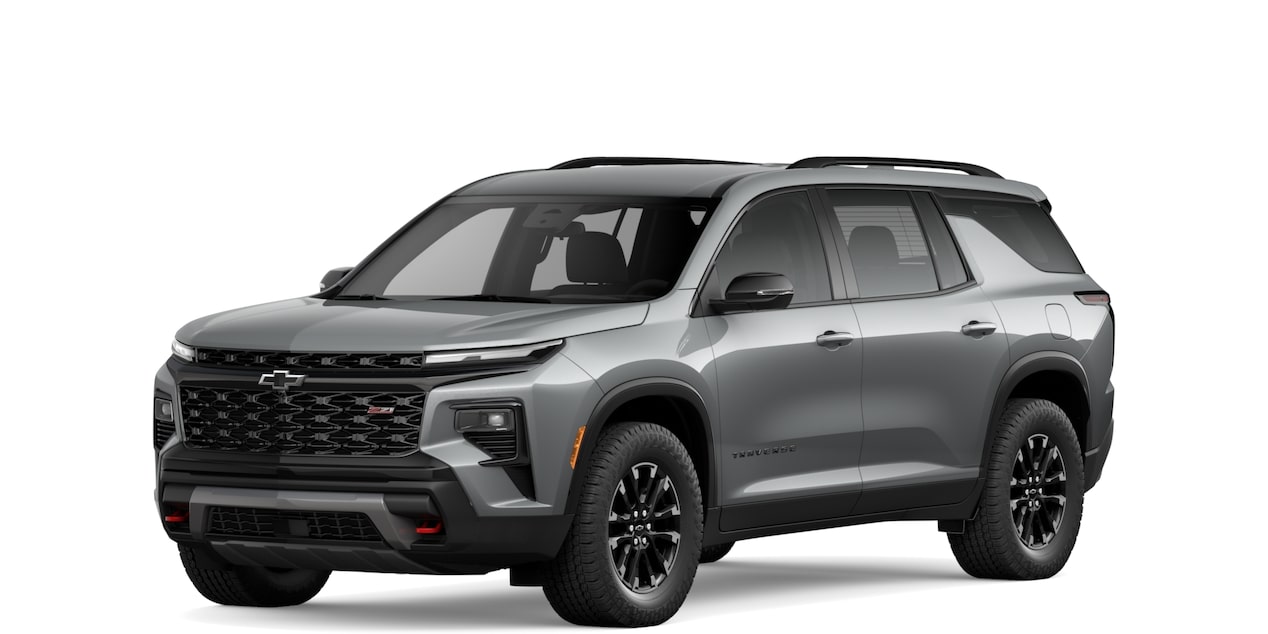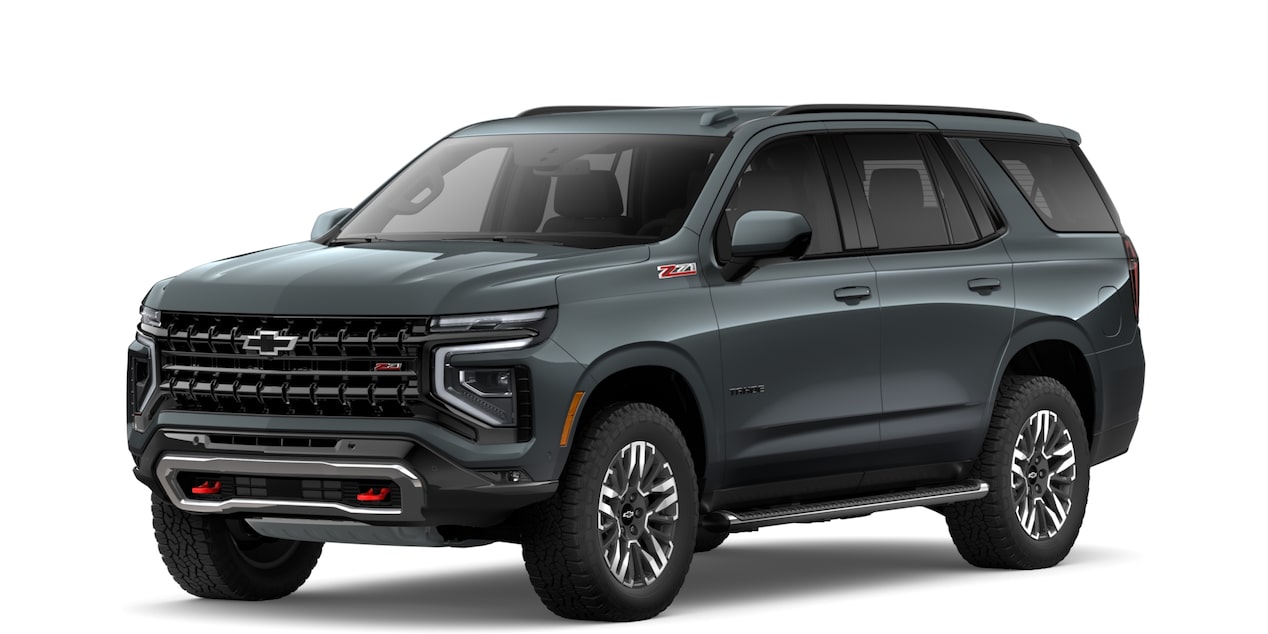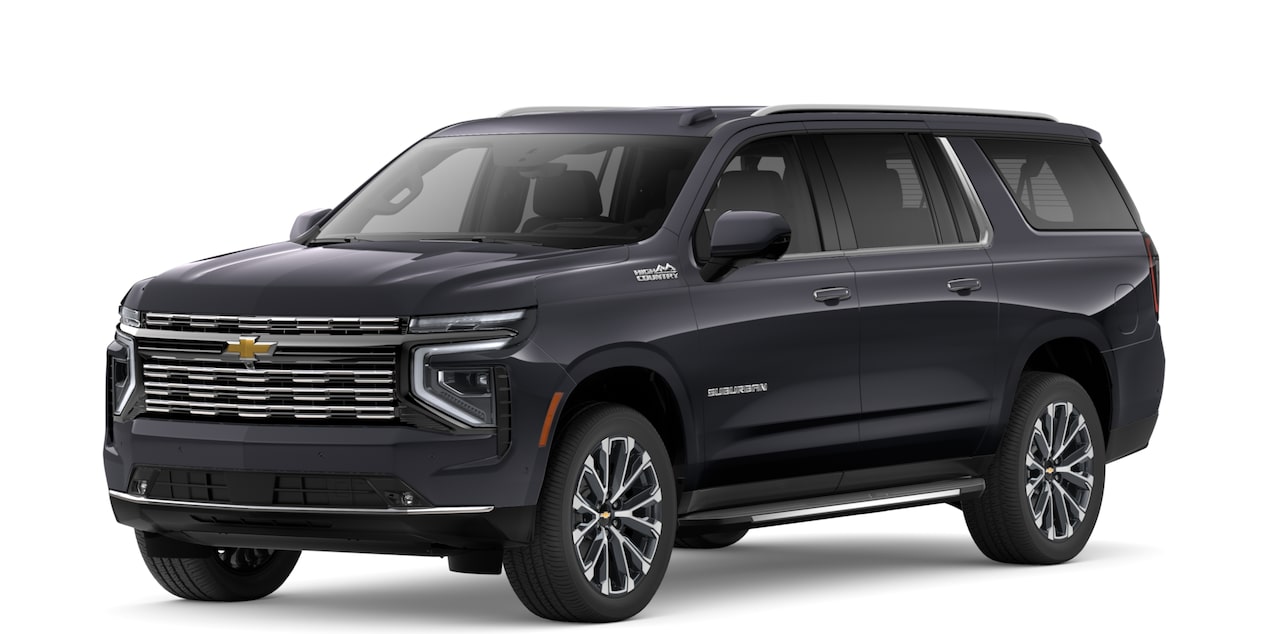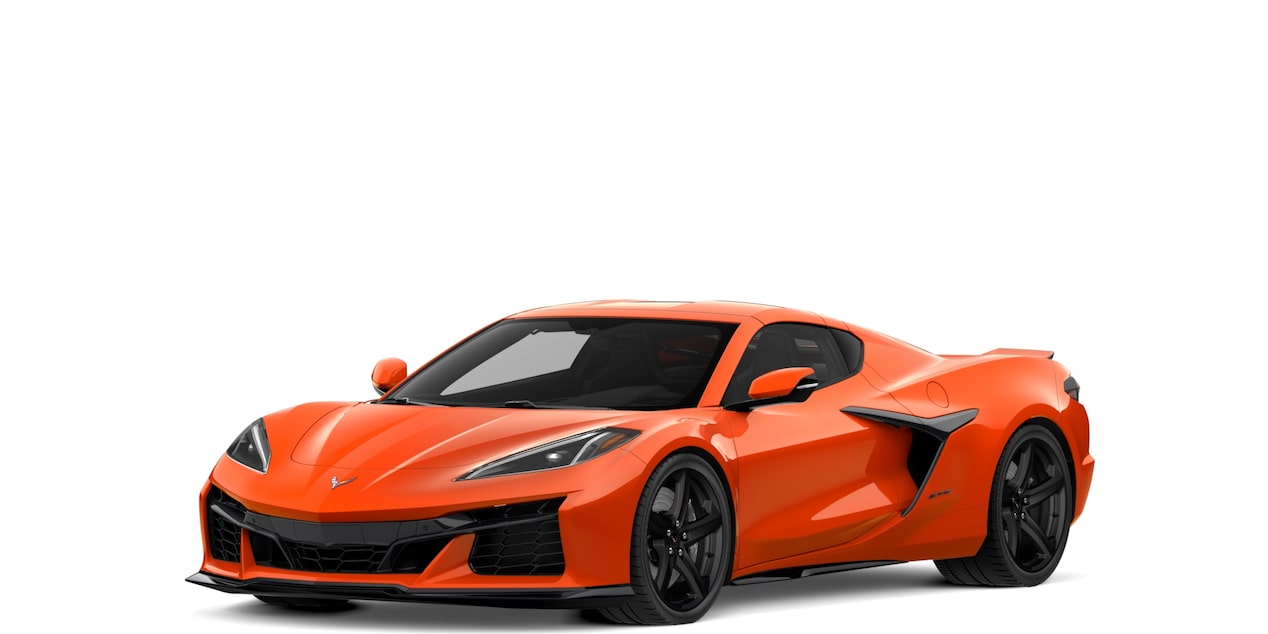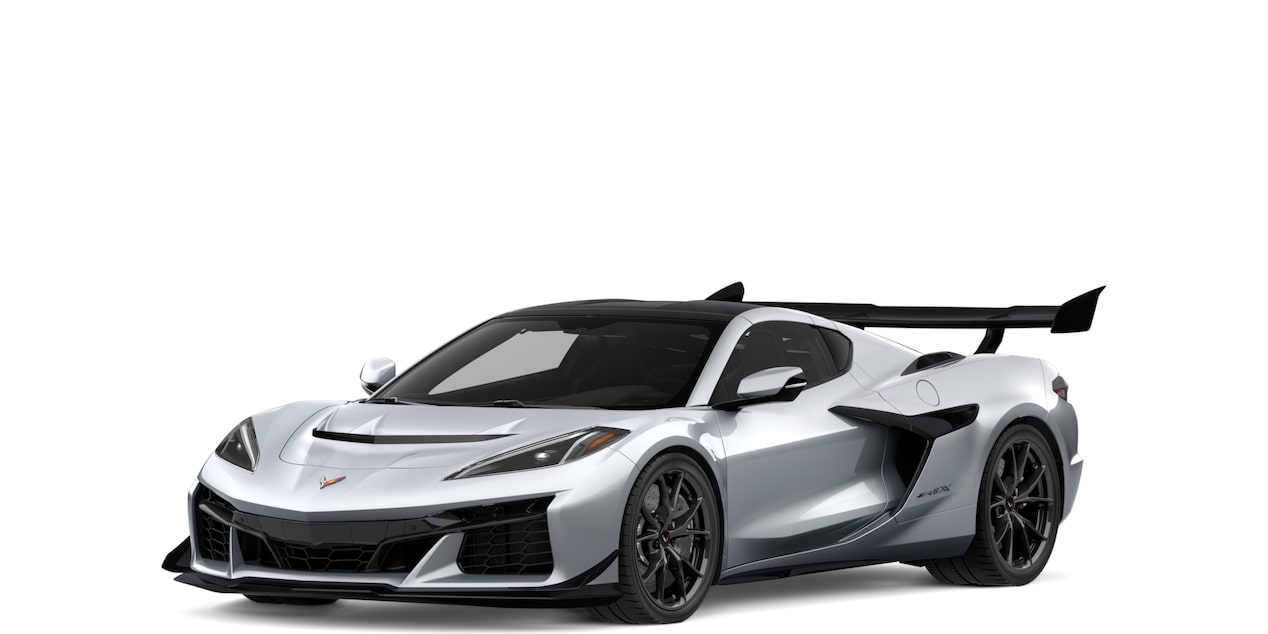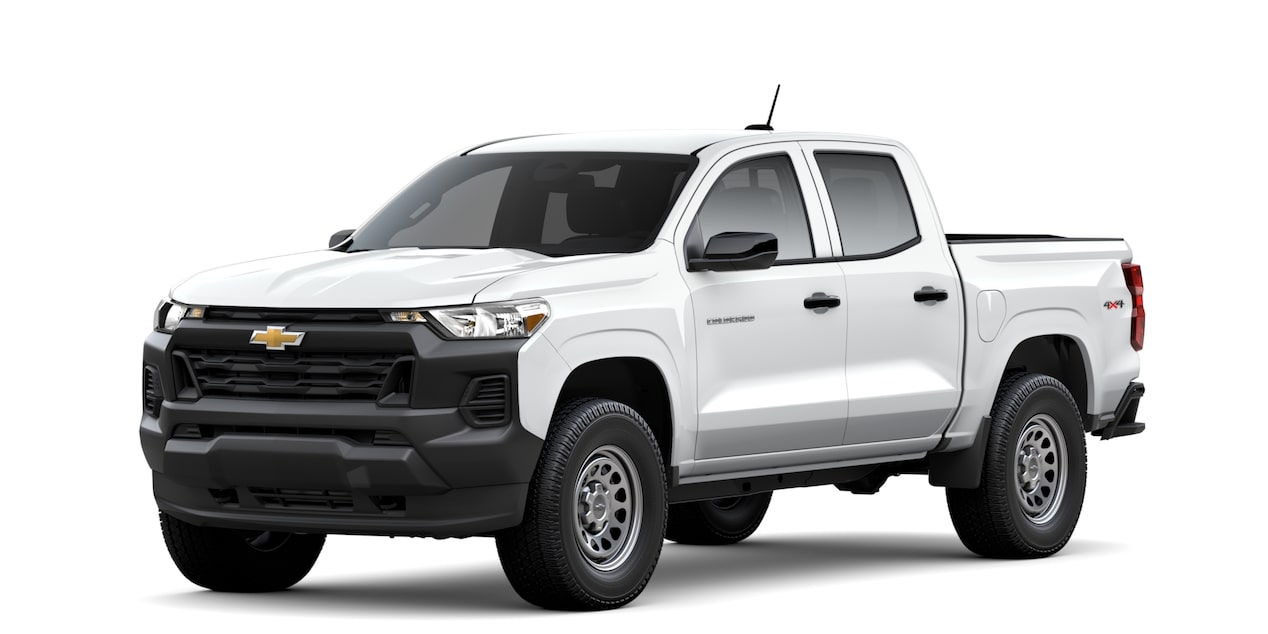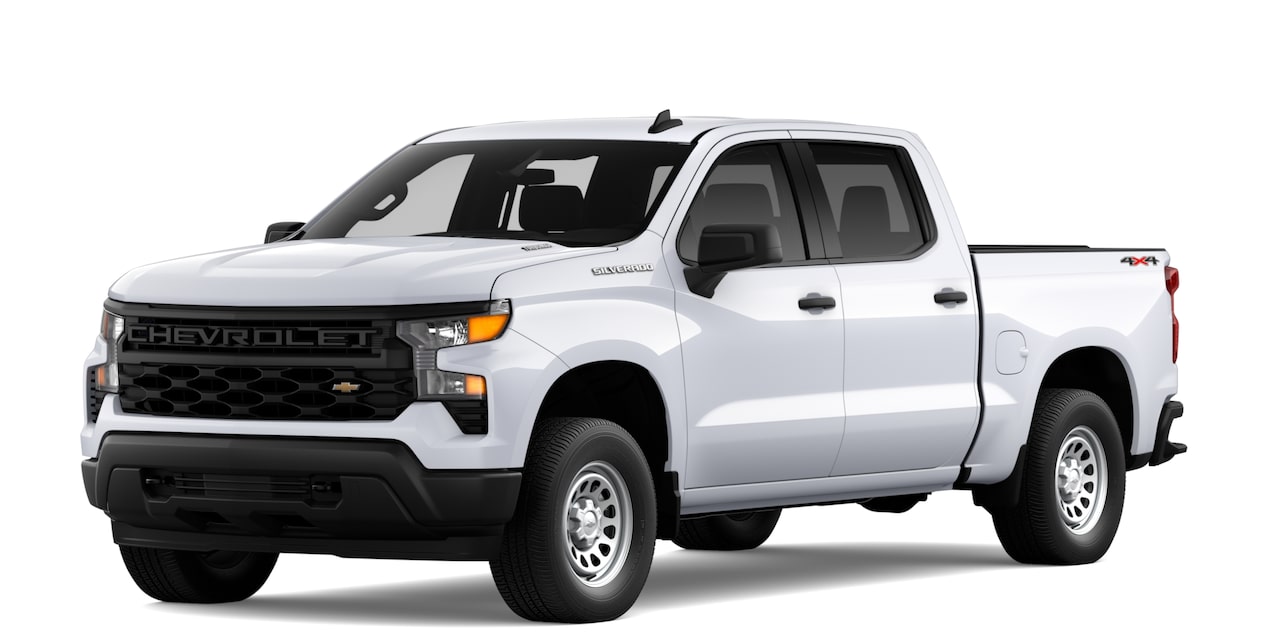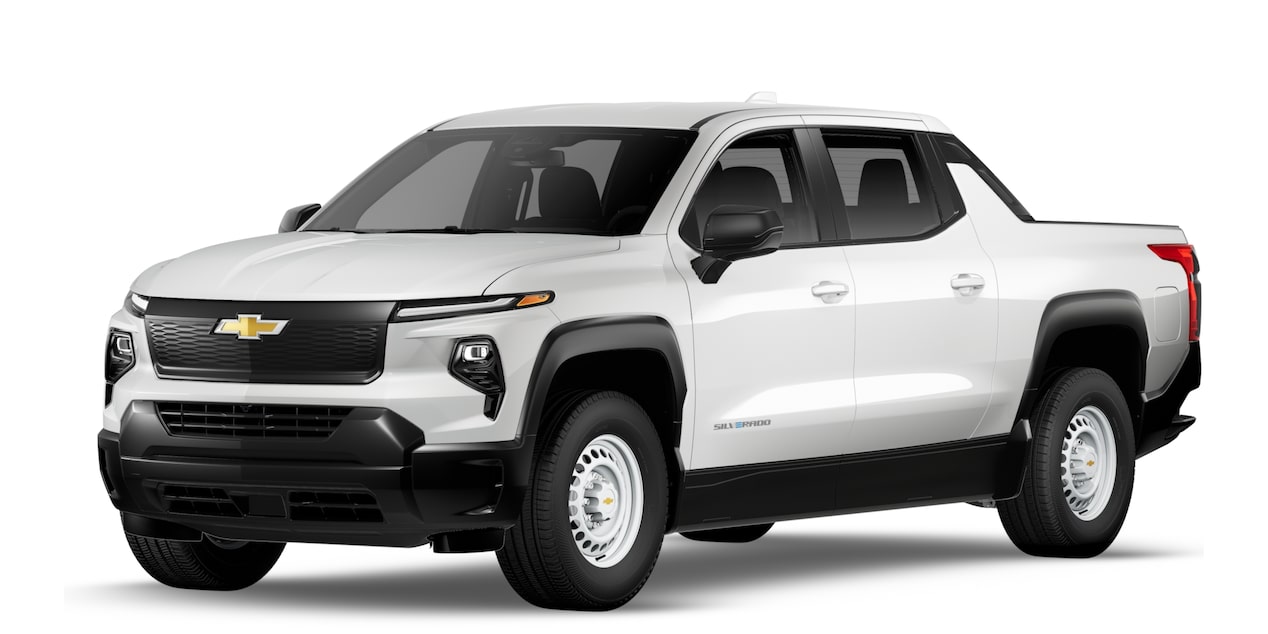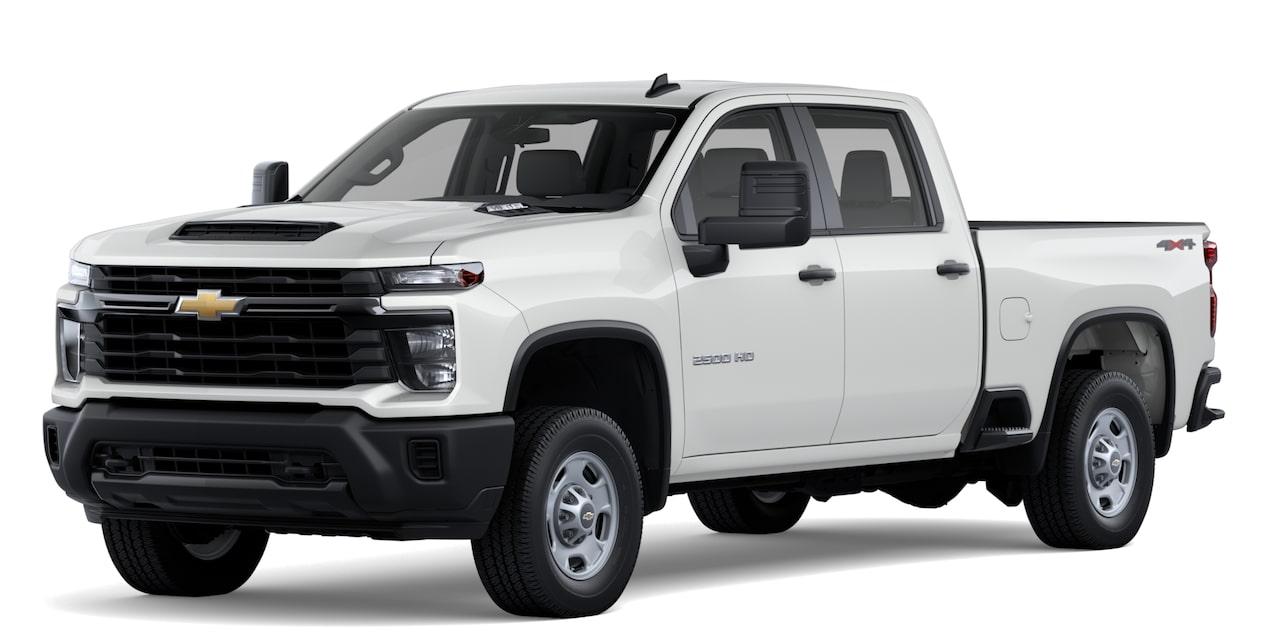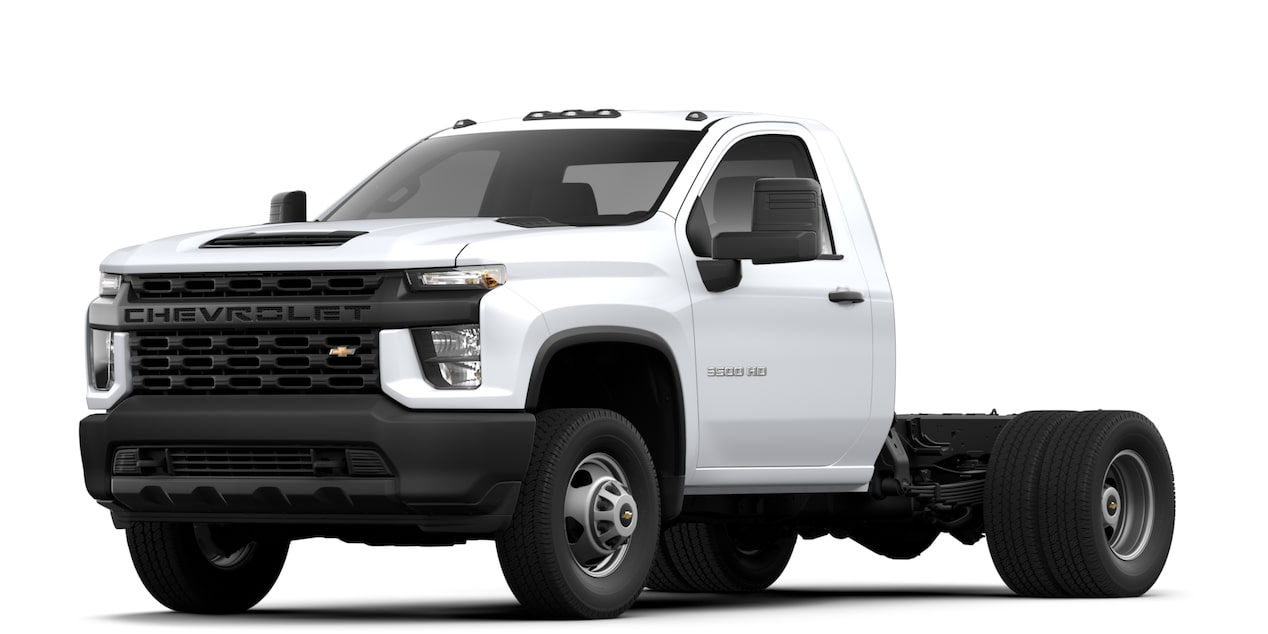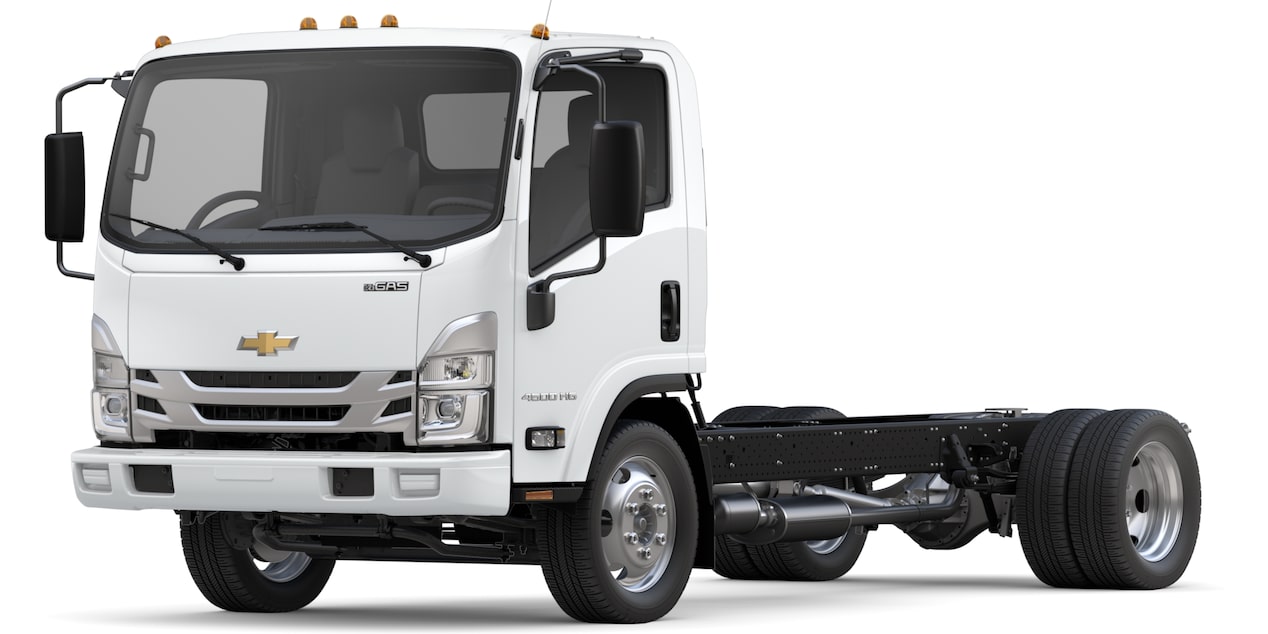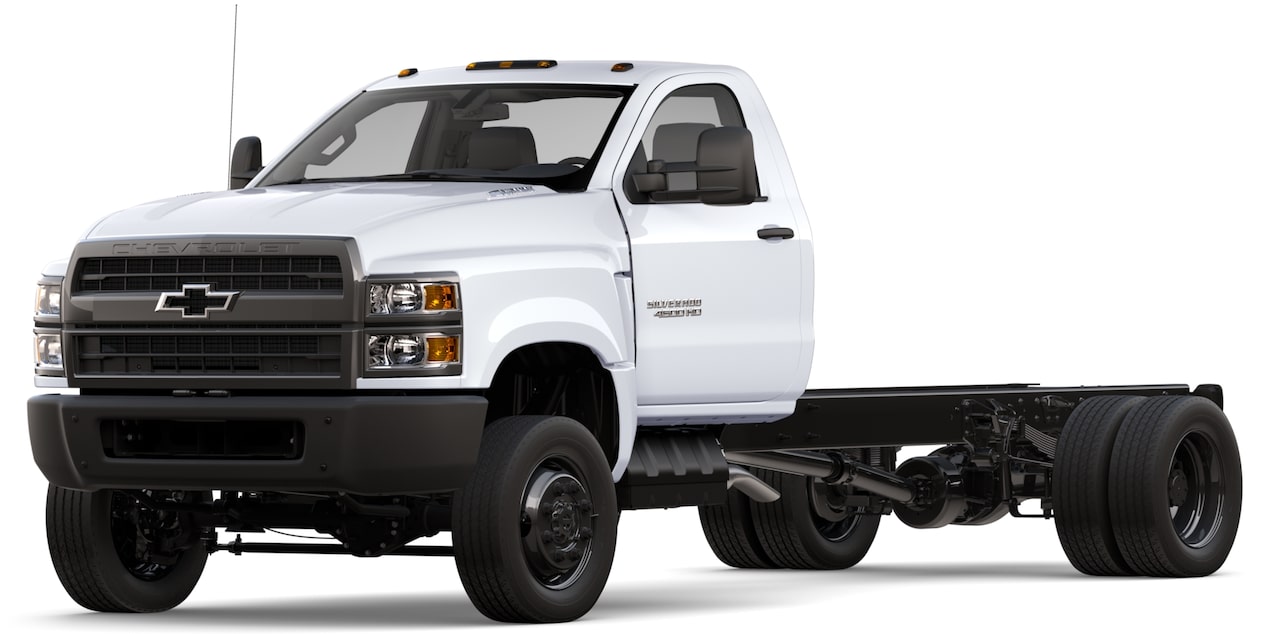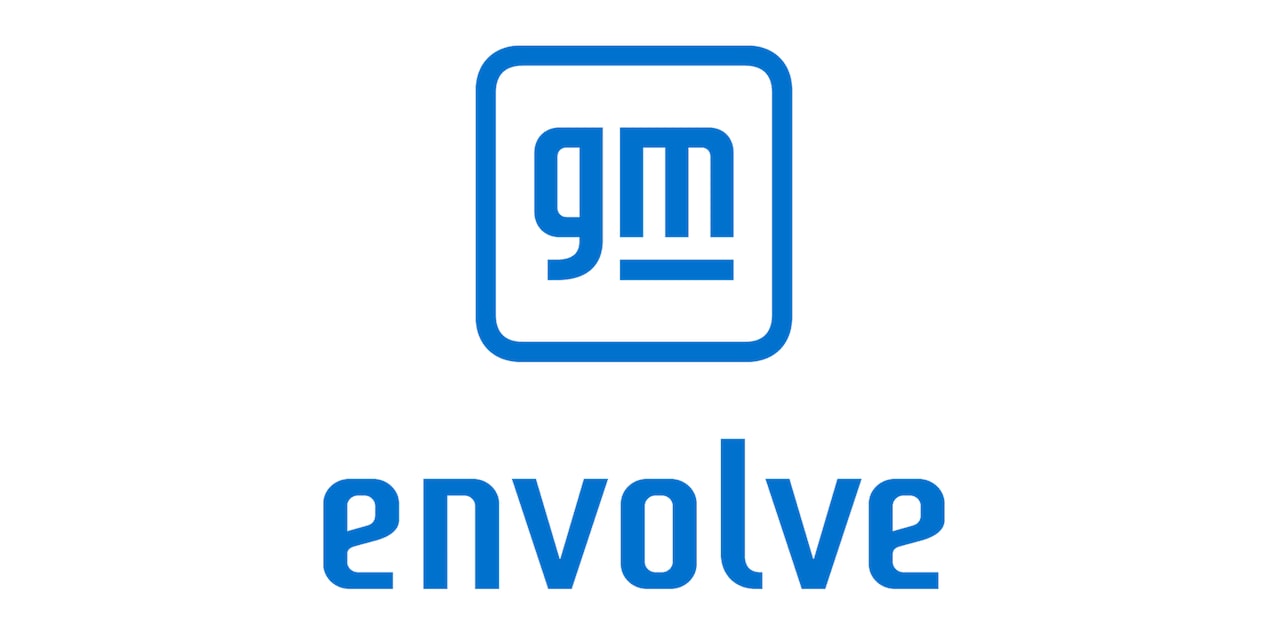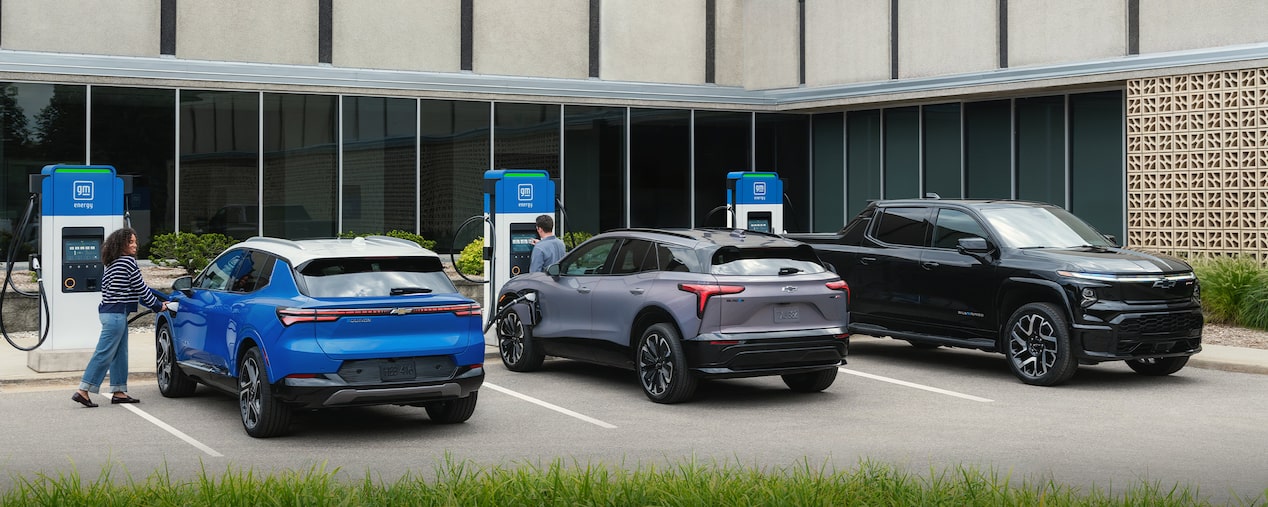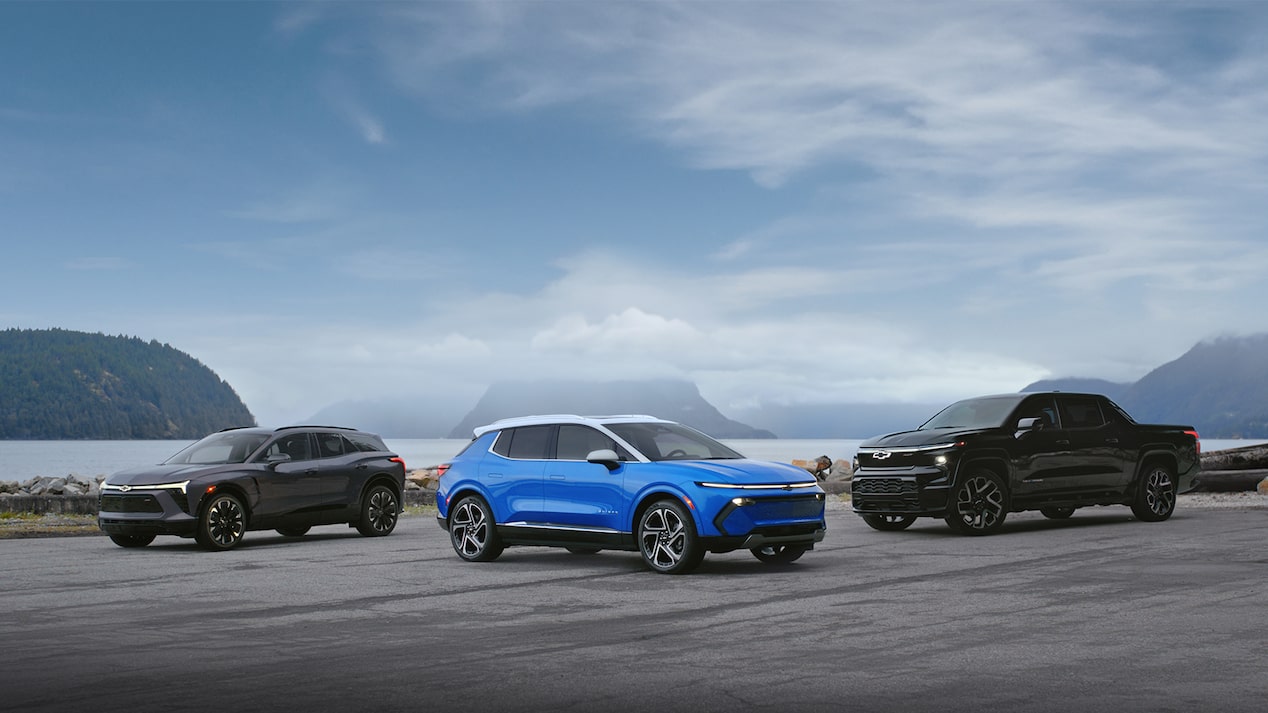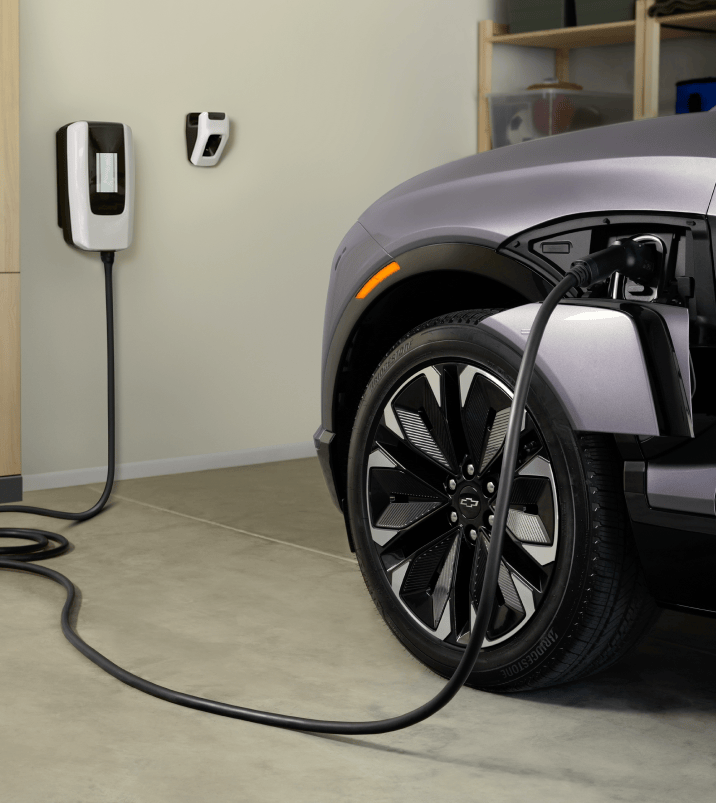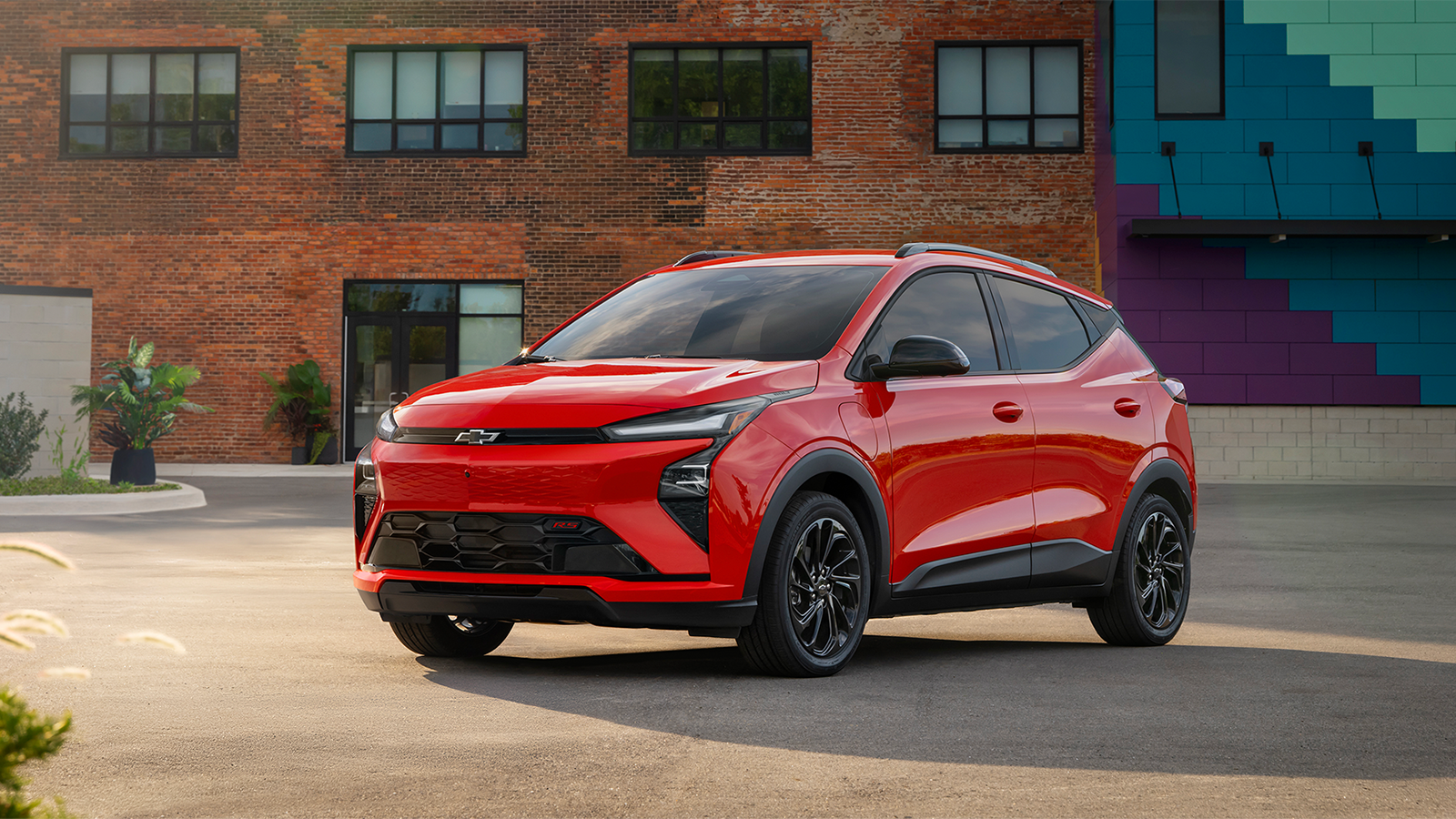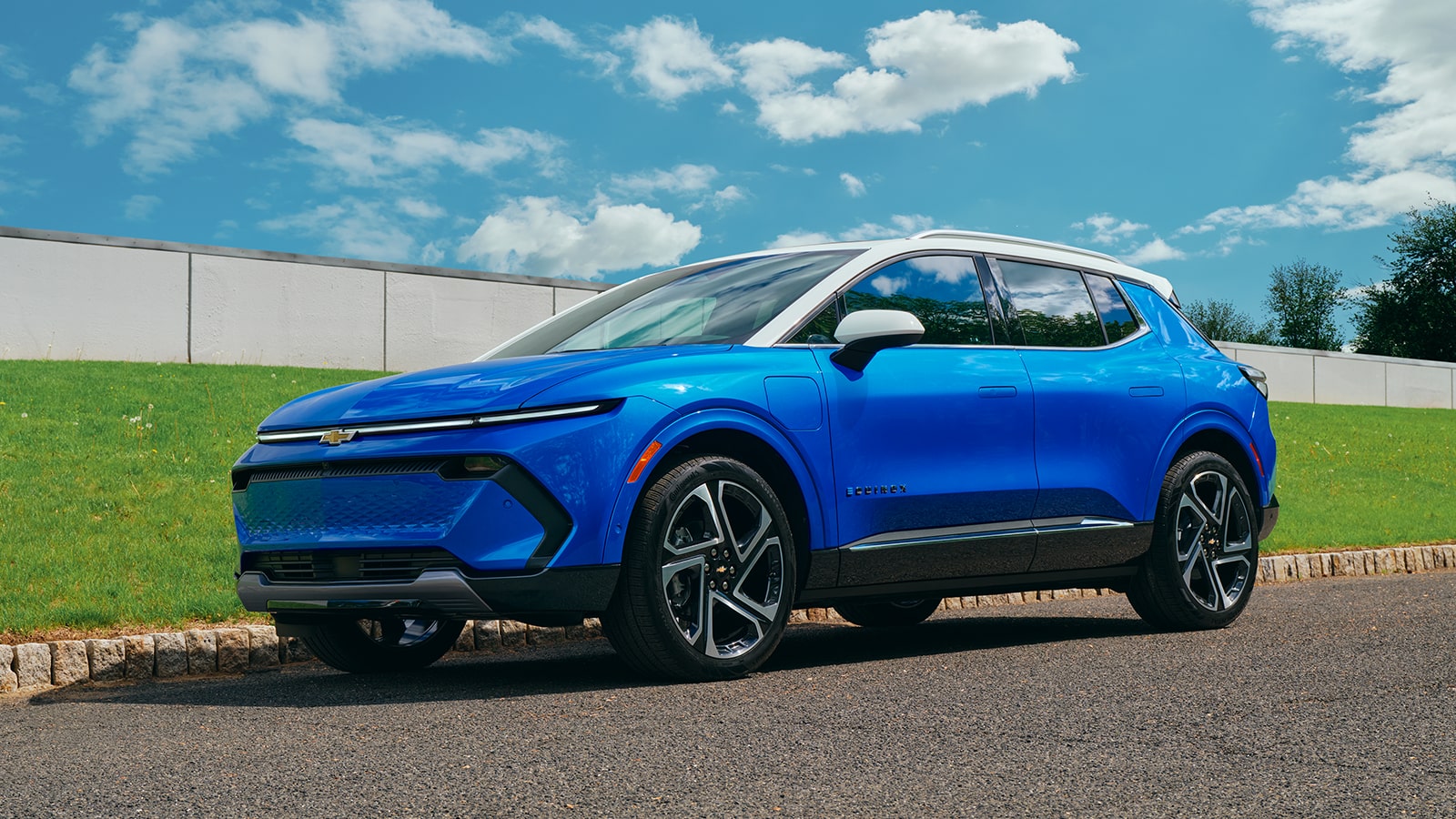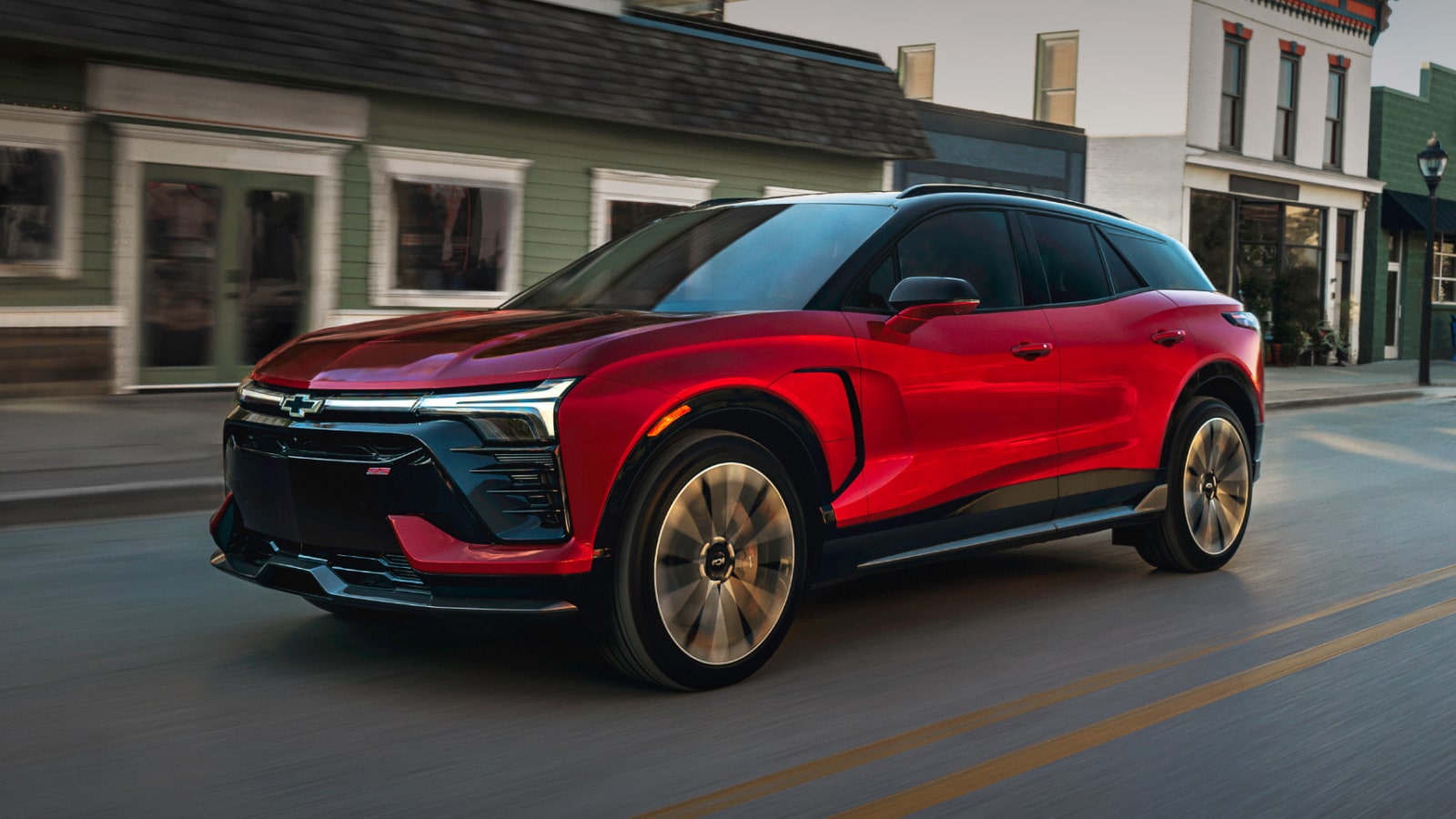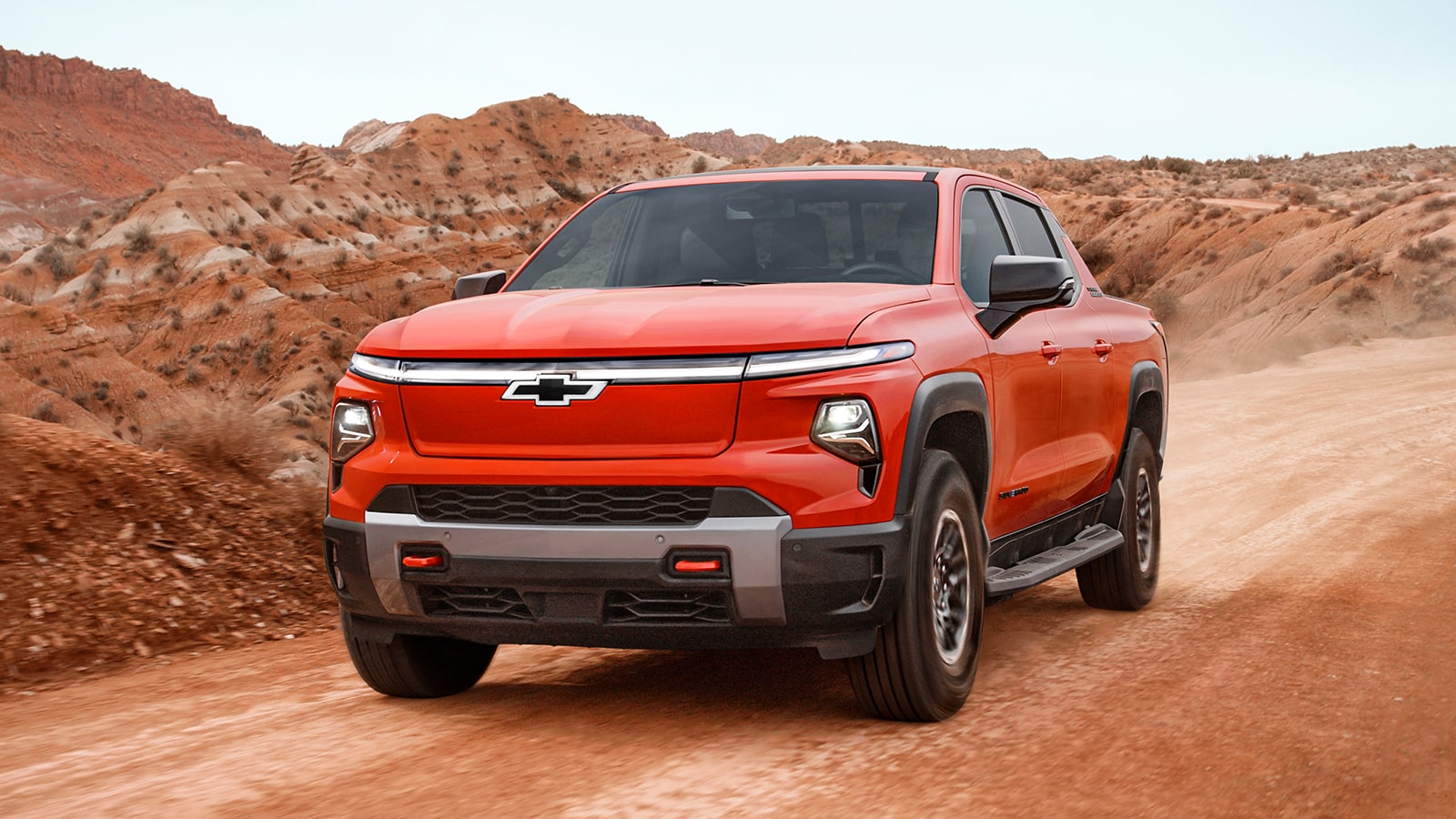Uncover the truth about EVs
There are a lot of misconceptions people have about electric vehicles. But we’re here to set the record straight. Whether you’re curious about range, charging stations, affordability or anything else regarding EV life, we’ll give you the information you need to see electric in a new light.
Myth: EVs can’t go very far
Myth:
EVs can’t go very far
Truth: EVs can go a lot farther than you might think
When was the last time you drove hundreds of miles in a single day? It’s probably been a while – most Americans travel fewer than 40 miles daily. Since every EV in our lineup can travel over 270
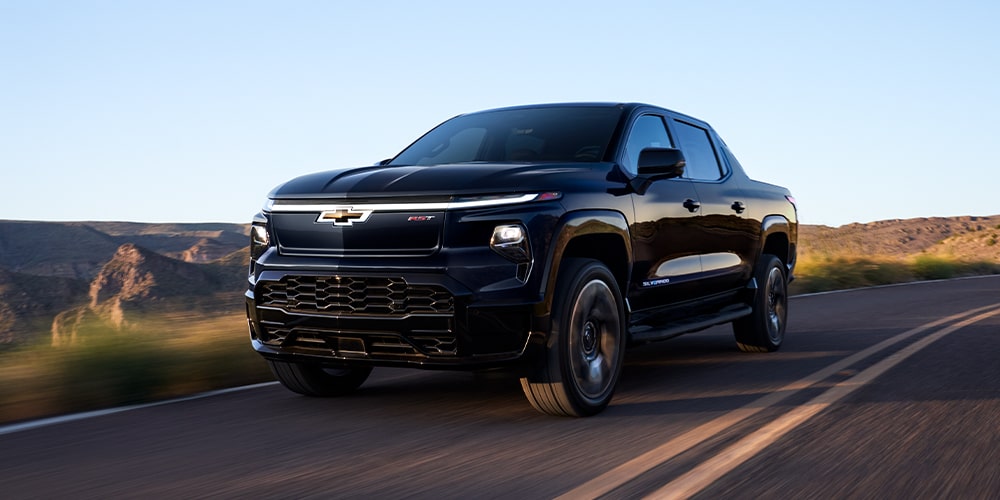
2025 Silverado EV
Up to 460 miles
GM-est. electric
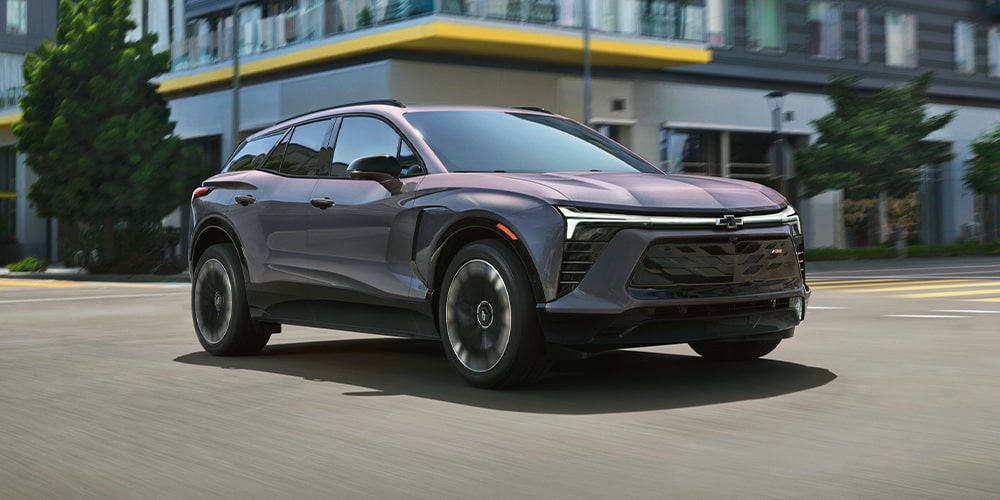
2025 Blazer EV RS
334 miles
EPA-est. electric range with
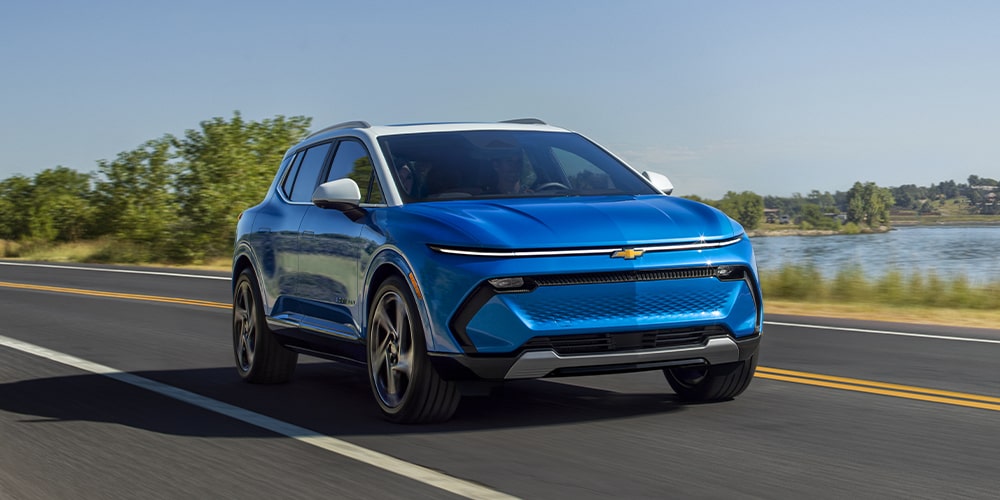
2025 Equinox EV
319 miles
EPA-est. electric range with

Silverado EV is capable, it's comfortable, it's got great tech, and

Myth:
EVs are too expensive
Truth: EVs can be pretty affordable
If you think all EVs are out of your price range, think again. With a variety of EVs to choose from, Chevy has an option for every budget. In fact, starting at just
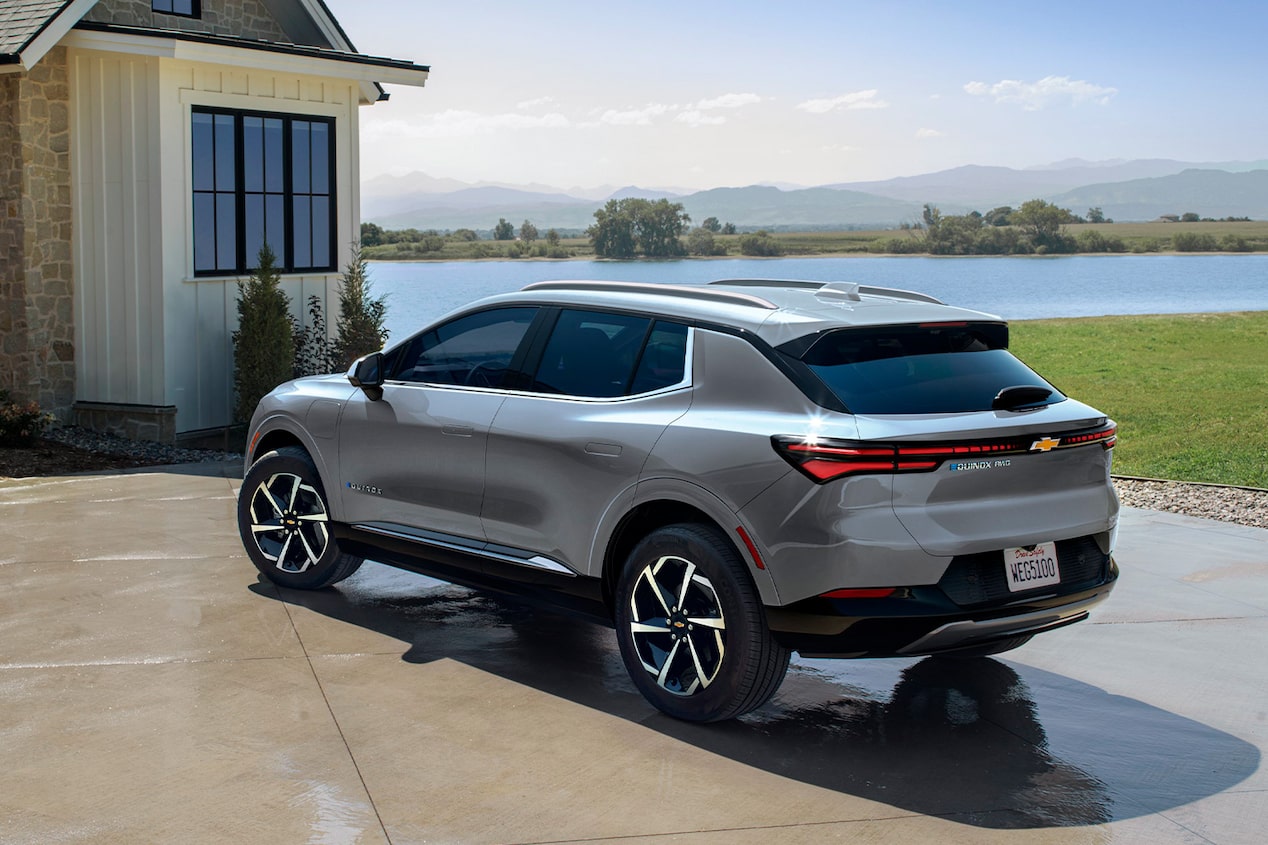
Remove gas from your budget
Driving an EV means no more trips to the gas station, unless you want to stop for snacks.
Forget about oil changes
No engine means fewer moving parts and less scheduled maintenance.

With 319 miles of range and an affordable price, the electric Equinox will be hard to beat.

You want performance? You got it. Since EVs don’t need to build up power like gas vehicles, they deliver nearly instant torque and acceleration. They’re powerful, too – Silverado EV offers up to 12,500
Myth:
EVs don’t hold up in bad weather
Truth: EVs are ready to handle the road conditions
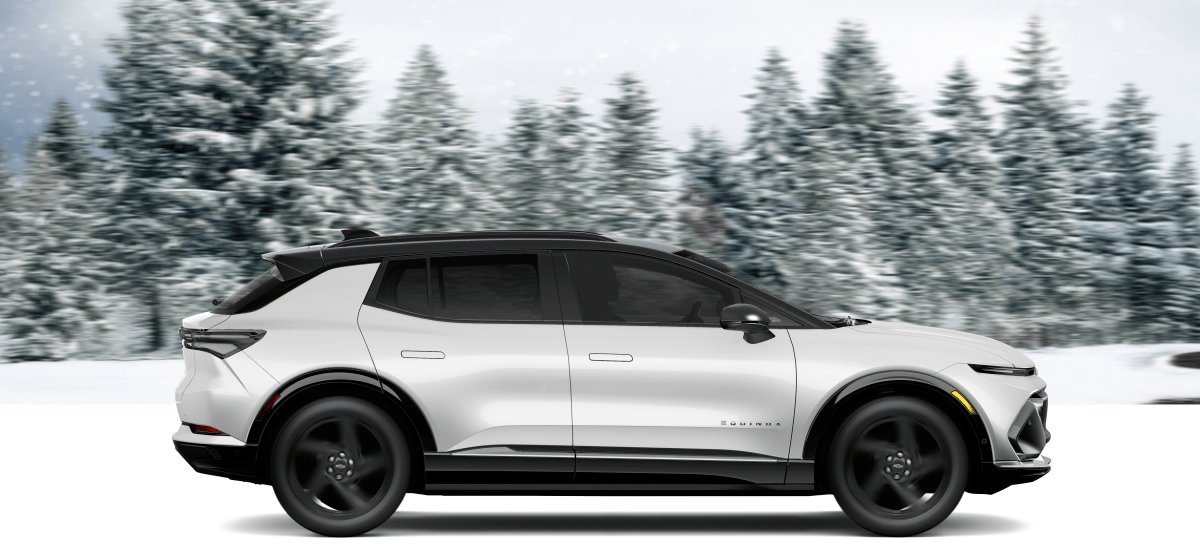
Whether it’s a wicked winter or a sweltering summer, our EVs will get you where you’re going – they’ve been rigorously tested in the cold, snow, heat and rain for performance and reliability. Plus, each EV in our lineup offers available AWD, so you can get the traction you need. You can also use electricity from your charging outlet at home to heat or cool the cabin to an ideal temperature before driving – without pulling energy from your battery.

Myth:
The power grid can’t handle EVs
Truth: The grid can power EVs, and your EV can provide power to your properly equipped home* in a blackout*
Vehicle to home
With the GM Energy PowerShift Charger and Vehicle-to-Home Enablement Kit, the power’s in your hands – and your garage. You can not only charge your compatible EV with fast Level 2 charging, select GM EVs can supply power to your properly equipped
Vehicle to grid
Believe it or not, EVs can also serve as a valuable resource to the power grid. In the future, our EVs may even be able to export energy during times when the grid is strained.
Smart charging
EVs can be programmed to charge during off-peak hours – helping to reduce strain on the grid and possibly lowering your electric bill.
Find your EV
Bolt
Starting at: $28,595
As shown: $34,190
255-mi. GM-est. electric
Equinox EV
Starting at: $34,995
As shown: $50,650
319-mi. GM-est. electric
Blazer EV
Starting at: $44,700
As shown: $61,195
312-mi. EPA-est. electric
Silverado EV
Starting at: $55,895
As shown: $90,695
GM-estimated up to 478 miles of electric

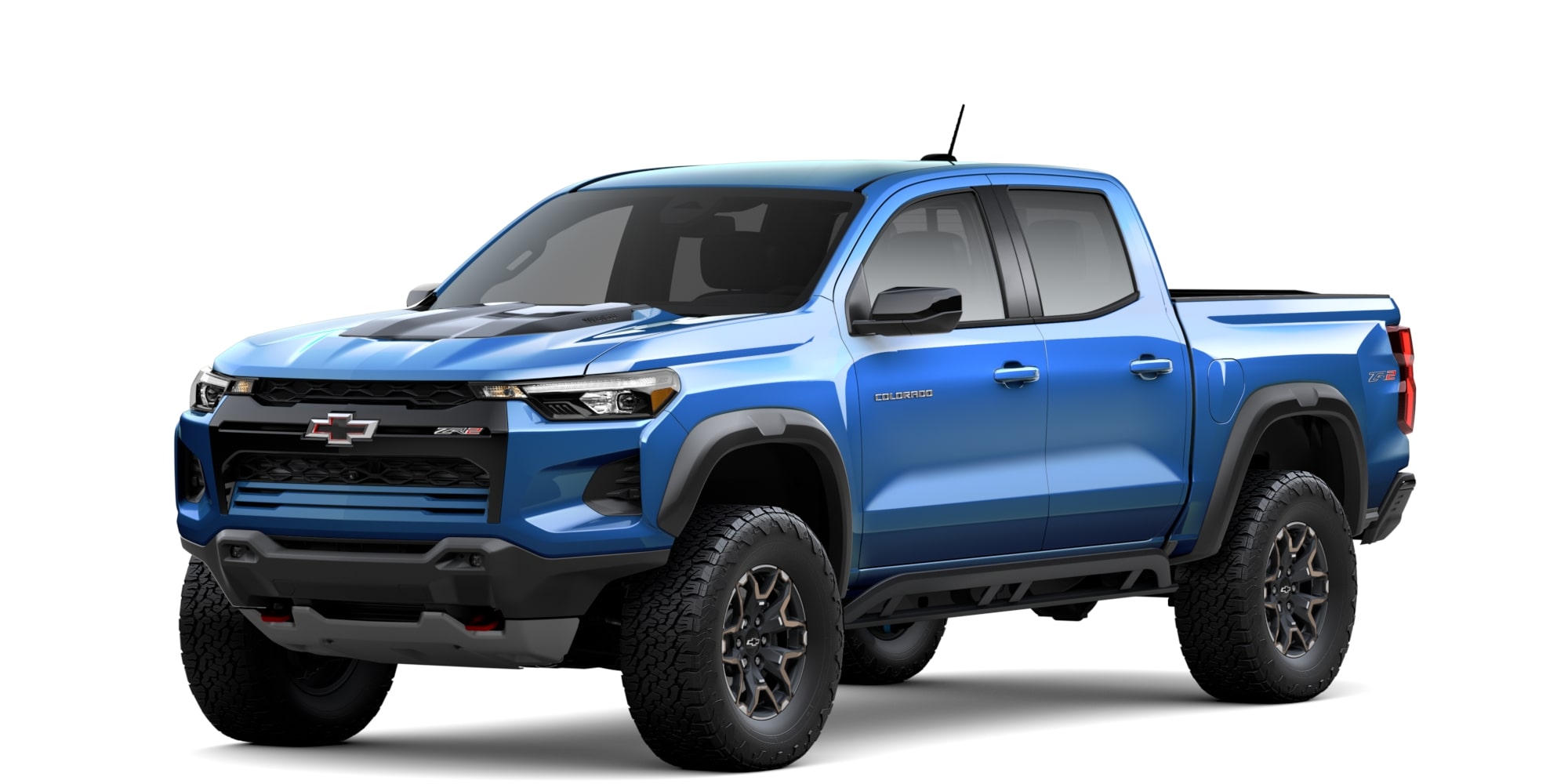
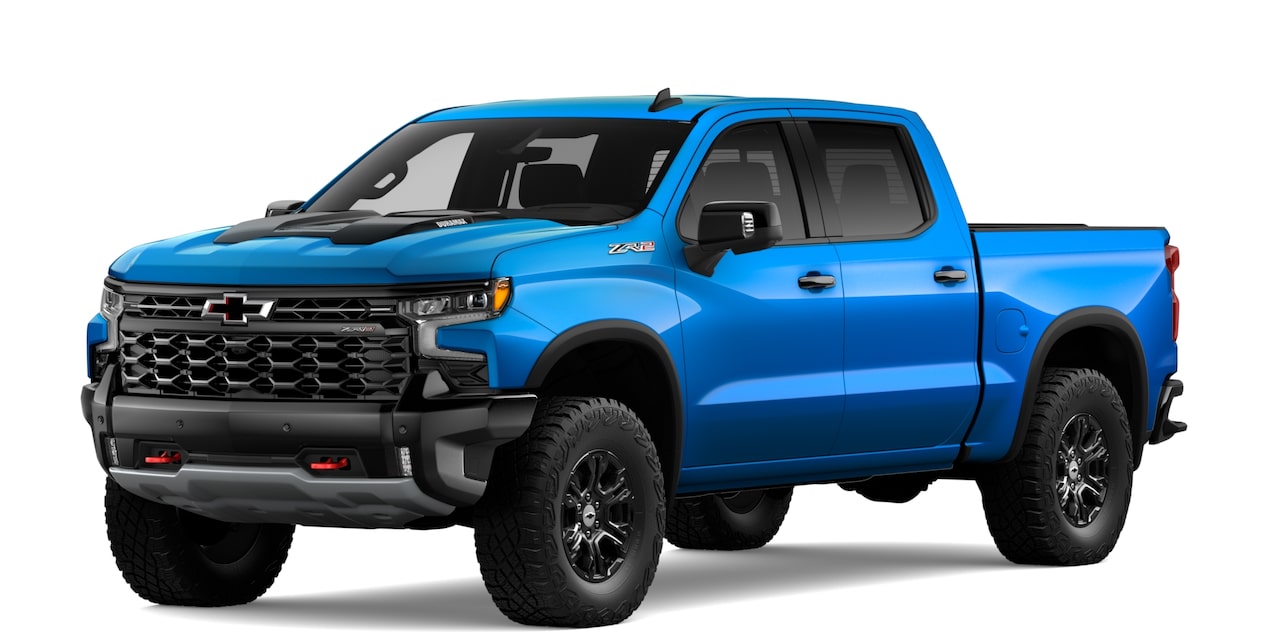
.png?imwidth=1200)
